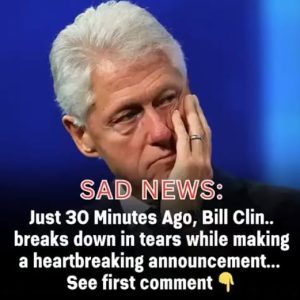Senator Adam Schiff is facing serious allegations from a whistleblower and declassified FBI interview summaries that he, while serving on the House Intelligence Committee, approved the selective leaking of classified information to media in order to damage then‑President Donald Trump. The whistleblower, a longtime Democratic committee staffer, reportedly recounted attending a meeting where Schiff stated that classified material “derogatory to President Trump” would be leaked and used in efforts to indict him.
Legal and political commentators have noted that if these allegations are confirmed, Schiff could face a range of criminal charges, potentially including violations tied to the unauthorized disclosure of national security information. One former U.S. Attorney suggested Schiff might face up to 20 years in prison and fines (e.g. $250,000 per leak) if prosecutors bring multiple counts. However, so far no formal indictment has been announced, and Schiff’s team has denied wrongdoing, labeling the allegations “categorically false.”
The case renews discussions about how far congressional oversight and protection clauses (such as the “speech or debate” clause) shield lawmakers from liability — especially when actions may cross into leaking classified intelligence for political ends. Meanwhile, the declassified materials have been forwarded to Congress for further review, raising pressure for accountability and deeper investigation.



